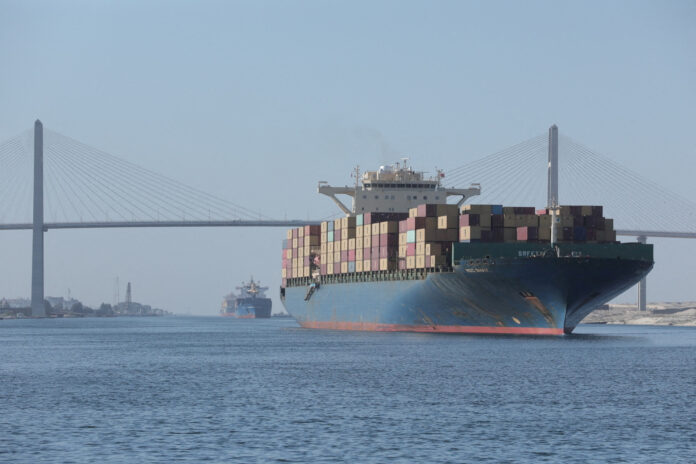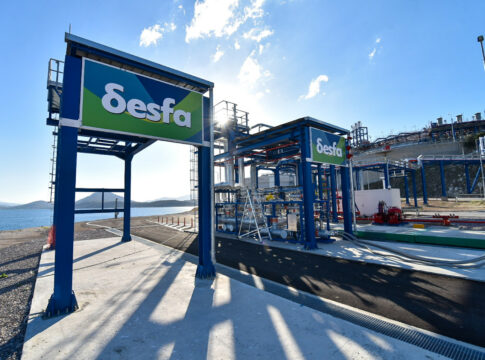The Houthi attacks have forced many shipping companies to bypass the Red Sea resulting in delays in the transport of products, increased fuel costs and higher consumer prices.
If the Red Sea crisis continues, there will be significant implications for Greek businesses, as, based on SEV’s analysis, it increases costs (a container from Asia to Europe reaches 7,000 euros) and transport time (2 to 4 weeks longer), delays delivery time (at least 20 days, especially for Eastern Mediterranean ports), raises insurance premiums and raw material costs, and has negative consequences for employment.
15% of world maritime trade, 8% of grain trade, 12% of marine oil and 8% of marine liquefied natural gas pass through the Red Sea. Also, 40% of Asia-Europe trade is usually carried out by sea, particularly through the Red Sea, while 40% of consumer goods transported from Northeast Asia to the US, as well as ships carrying fuel, grain and metals, pass through the Panama Canal.
Given that the main origin of cargo to Piraeus is from the markets of Asia and especially China, which come via Suez, the avoidance of this critical artery has already begun to negatively affect the entire trade to the Mediterranean, including the port of Piraeus. It is obvious that as long as the crisis lasts, the activity of handling containers through the port of Piraeus will worsen. As a result, December 2023 closed with a negative sign, reversing the positive course of the previous months.
The disruption in maritime transport and the change in the routes-lines followed by containerships trigger, among other things, for Greek companies:
- Higher credit requests as customers need to have additional safety stock.
- Increase in the cost of raw materials.
- Lack of containers.
- Avoidance of Suez, even with increased premiums.
- Revision of budgets and adjustment of the pricing policy of the companies.
- Effects on consumer prices amid fear of price hikes.
- Exports have also been hit, mainly to the emerging markets of Asia and East Africa. The risk of losing clients from SE Asia for Greek export companies is visible.
- Increased risk of products be damaged due to more days spent inside the container.















